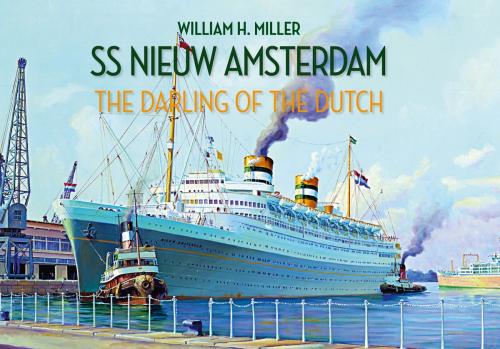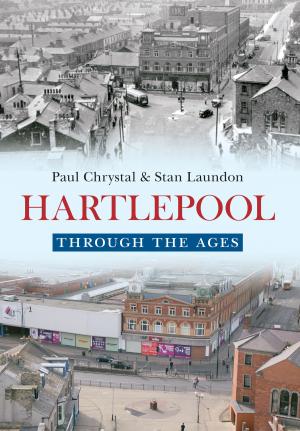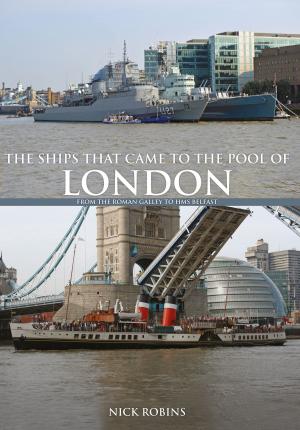SS Nieuw Amsterdam
The Darling of the Dutch
Nonfiction, Reference & Language, Transportation, Ships & Shipbuilding, History| Author: | William H. Miller | ISBN: | 9781445624068 |
| Publisher: | Amberley Publishing | Publication: | March 15, 2010 |
| Imprint: | Amberley Publishing | Language: | English |
| Author: | William H. Miller |
| ISBN: | 9781445624068 |
| Publisher: | Amberley Publishing |
| Publication: | March 15, 2010 |
| Imprint: | Amberley Publishing |
| Language: | English |
Entering service in 1938, the Nieuw Amsterdam was the Holland America Line flagship until the construction of the Rotterdam in the late 1950s. Her prewar life was short and she was used as a troopship during the Second World War, carrying many thousands of Allied troops to all corners of the world. Of 36,000 tons, she was the largest vessel built in Rotterdam and was launched by Queen Wilhelmina in April 1937. A perennial favourite of the Dutch and their finest Ship of State, Nieuw Amsterdam remained in Holland America Line service until 1974, the last ship to retain the Holland America Line’s familiar green, yellow and white funnels. Despite boiler problems in 1967, she was refitted with US Navy-surplus boilers and sailed on, cruising, until withdrawn from service in 1974. Sailing to the breakers, the art deco ‘Darling of the Dutch’, as she was affectionately known, was broken up. Today, she still has a following, from those who sailed on her but also from those who have grown to appreciate the importance of the Nieuw Amsterdam in terms of ocean liner design.
Entering service in 1938, the Nieuw Amsterdam was the Holland America Line flagship until the construction of the Rotterdam in the late 1950s. Her prewar life was short and she was used as a troopship during the Second World War, carrying many thousands of Allied troops to all corners of the world. Of 36,000 tons, she was the largest vessel built in Rotterdam and was launched by Queen Wilhelmina in April 1937. A perennial favourite of the Dutch and their finest Ship of State, Nieuw Amsterdam remained in Holland America Line service until 1974, the last ship to retain the Holland America Line’s familiar green, yellow and white funnels. Despite boiler problems in 1967, she was refitted with US Navy-surplus boilers and sailed on, cruising, until withdrawn from service in 1974. Sailing to the breakers, the art deco ‘Darling of the Dutch’, as she was affectionately known, was broken up. Today, she still has a following, from those who sailed on her but also from those who have grown to appreciate the importance of the Nieuw Amsterdam in terms of ocean liner design.















